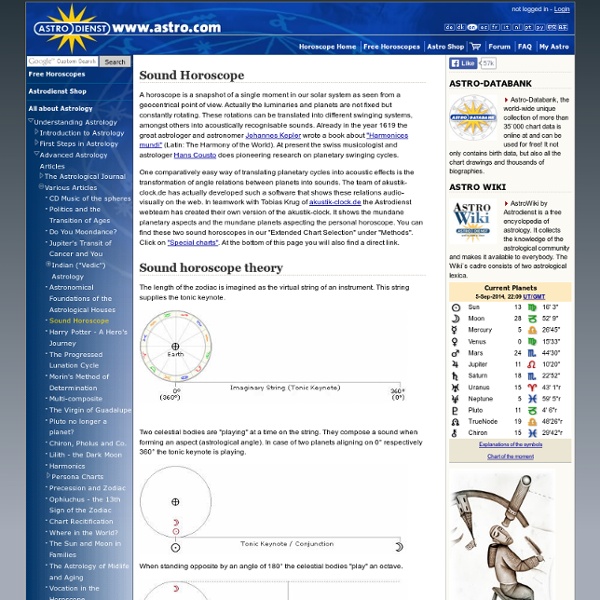Art, Life, and the City | What is the meaning of your life?
Delphi -- Ancient History Encyclopedia
Delphi was an important ancient Greek religious sanctuary sacred to the god Apollo. Located on Mt. Parnassus near the Gulf of Corinth, the sanctuary was home to the famous oracle of Apollo which gave cryptic predictions and guidance to both city-states and individuals. Mythology & Origins The site was first settled in Mycenaean times in the late Bronze Age (1500-1100 BCE) but took on its religious significance from around 800 BCE. For the Greeks Delphi was considered the centre of the world. Delphi was also considered the centre of the world, for in Greek mythology Zeus released two eagles, one to the east and another to the west, and Delphi was the point at which they met. Apollo's Oracle The oracle of Apollo at Delphi was famed throughout the Greek world and even beyond. Perhaps the most famous consultant of the Delphic oracle was Croesus, the fabulously rich King of Lydia who, faced with a war against the Persians, asked the oracle’s advice. Panhellenic Games Architecture Demise
When Iggy Pop can’t live off his art, what chance do the rest have?
I have a soft spot for Iggy Pop, partly because I interviewed him once and he was the soul of charm and erudition, like a particularly smart music professor who just happened to be wearing leather pants and eyeliner. On stage, he’s awe-inspiring, dancing like an electrified Twizzler. (I mean that as the highest possible compliment.) He still makes lean, ferocious music. At least he used to. But a new reality has tripped him up and it’s the same one shafting artists all across the world: Namely, that everyone wants to listen, and no one wants to pay. To keep skinny body and maverick soul together, Iggy’s become a DJ, a car-insurance pitchman and a fashion model. A few days before Iggy’s lecture, Australian novelist Richard Flanagan won the Booker Prize, the most prestigious in the literary world, for his Second World War story The Narrow Road to the Deep North. This is borne out not only in the quiet sobbing you hear in corners at poetry readings, but in the numbers.
Limerence
Psyche Revived by Cupid's Kiss. Limerence has been defined by one writer as "an involuntary interpersonal state that involves intrusive, obsessive, and compulsive thoughts, feelings, and behaviors that are contingent on perceived emotional reciprocation from the object of interest".[2] Limerence has also been defined in terms of the potentially inspirational effects and the relationship to attachment theory, which is not exclusively sexual, as being "an involuntary potentially inspiring state of adoration and attachment to a limerent object involving intrusive and obsessive thoughts, feelings and behaviors from euphoria to despair, contingent on perceived emotional reciprocation”.[3] Characteristics[edit] Limerence is sometimes also interpreted as infatuation, or what is colloquially known as a "crush"; however, in common speech, infatuation includes aspects of immaturity and extrapolation from insufficient information and is usually short-lived. Components[edit] Fear of rejection[edit]
Triangular theory of love
The triangular theory of love is a theory of love developed by psychologist Robert Sternberg. In the context of interpersonal relationships, "the three components of love, according to the triangular theory, are an intimacy component, a passion component, and a decision/commitment component."[1] "The amount of love one experiences depends on the absolute strength of these three components, and the type of love one experiences depends on their strengths relative to each other. Early theories of love[edit] One of the first theories of love was developed by Sigmund Freud. Another theory was introduced by Maslow. Yet another theory, one about Being love, was developed by Reik. When theories about love moved from being clinically based to being socially and personality based, they became focused on types of love, as opposed to becoming able to love. Elaboration of Sternberg's triangular theory of love[edit] Companionate love follows passionate love. Sternberg created his triangle next.



